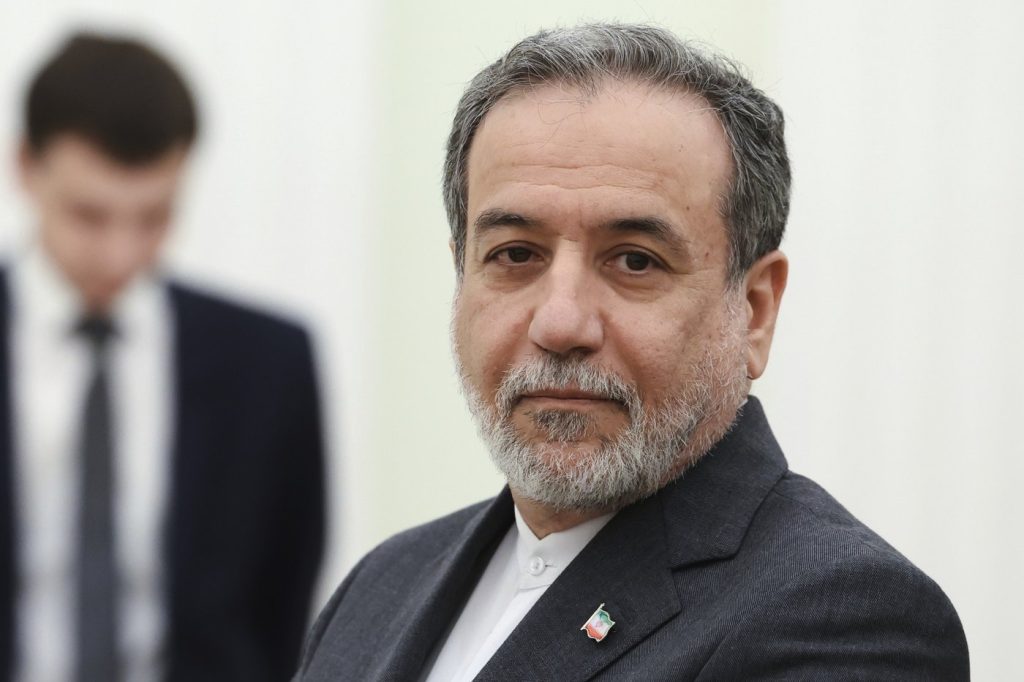DUBAI, United Arab Emirates (AP) – The ongoing tensions between Iran and the United States have received renewed emphasis following an American military strike that targeted several of Iran's nuclear sites. Iran's Foreign Minister Abbas Araghchi has indicated that the possibility of resuming negotiations regarding the country's nuclear program has become “complicated” due to the damage incurred from these strikes.
The U.S. was a signatory to the 2015 nuclear deal, where Iran agreed to limit its uranium enrichment activities in exchange for sanctions relief and economic benefits. However, the accord deteriorated when former President Donald Trump unilaterally withdrew the U.S. from the agreement during his first term in office. Recently, Trump expressed a willingness to engage in new discussions with Iran, suggesting that the two sides could meet next week.
In a recent interview aired on Iranian state television, Foreign Minister Araghchi remarked that while there could be room for talks on the nuclear program, it would not happen in the immediate future. He clarified, “No agreement has been made for resuming the negotiations. No time has been set, no promise has been made, and we haven’t even talked about restarting the talks.”
The American military intervention was described by Araghchi as having made discussions regarding Iran's nuclear ambitions “more complicated and more difficult.” Israel's military operations, which began on June 13, targeted Iranian nuclear installations and other military sites, claiming to eliminate approximately 30 Iranian commanders and strike eight nuclear-related facilities along with over 720 military targets. Reports indicate that more than 1,000 individuals lost their lives in these strikes, including at least 417 civilians, as documented by the Washington-based Human Rights Activists group.
In a significant escalation, Iran retaliated by launching over 550 ballistic missiles towards Israel. While most of these missiles were intercepted, some managed to breach defenses, resulting in casualties including 28 fatalities. Following these escalations, the U.S. launched retaliatory strikes targeting three critical Iranian sites using a combination of cruise missiles and advanced bunker-buster bombs deployed by B-2 bombers, specifically designed to penetrate deeply fortified locations.
In response to the campaign, Trump characterized the U.S. military actions as having “completely and fully obliterated” Iran's nuclear capabilities. However, Iran’s Supreme Leader, Ayatollah Ali Khamenei, dismissed Trump's assertions, claiming the attacks achieved “nothing significant.” Speculation has arisen about Iran potentially relocating a portion of its highly-enriched uranium before the missile strikes, which it had previously indicated to the International Atomic Energy Agency (IAEA).
IAEA Director Rafael Grossi, speaking to Radio France International, highlighted the considerable damage reported at the Fordo facility, which is constructed within a mountainside. He underscored the precision of centrifuge operations, stating that the impact from multiple 30,000-pound bombs would unavoidably cause “important physical damage.” According to Grossi, “These centrifuges are no longer operational.” Araghchi conformed that the damage level is significant, qualifying the situation as serious.
Regarding the potential for IAEA inspectors to evaluate the damage, Araghchi indicated that Iran had yet to make a decision on allowing access, with plans to keep them out “for the time being.” As the situation unfolds, the geopolitical stakes continue to rise, with ramifications felt across the region and affecting international diplomatic relations.











